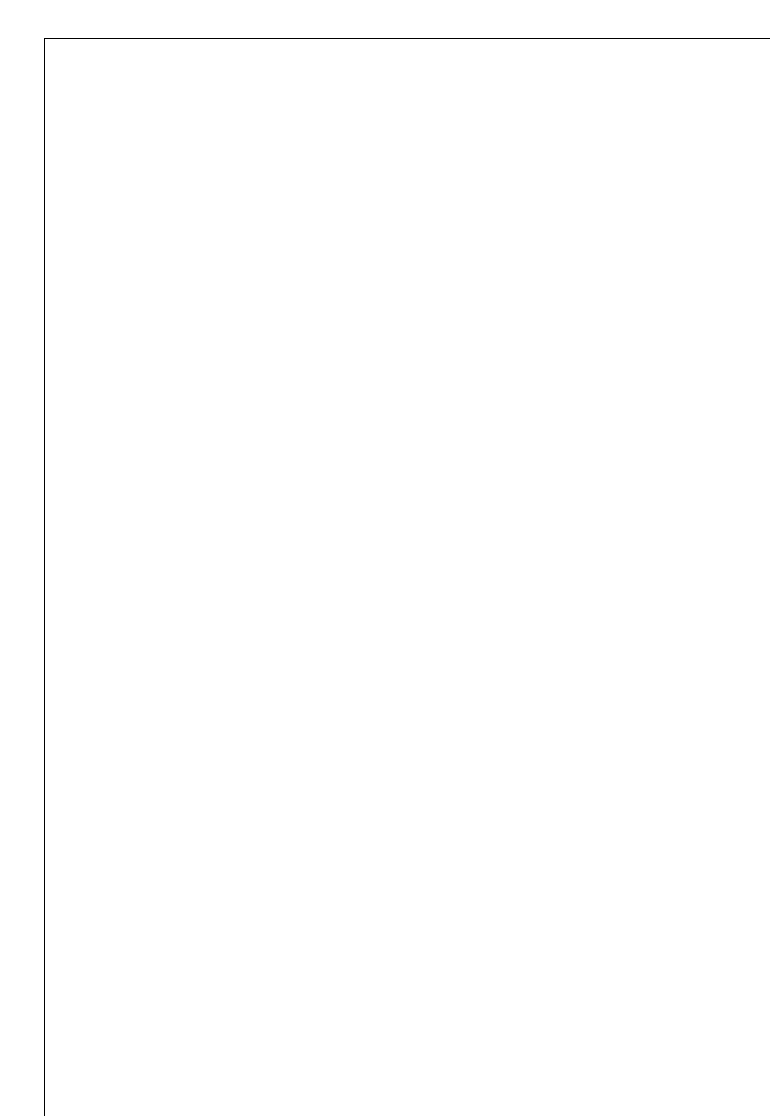
40
¥ Please note the maximum storage times specified by the manufac-
turer.
¥ Thawed foods which have not been processed further (cooked into
meals) may not under any circumstances be frozen a second time.
¥ Containers with flammable gases or liquids can leak at low tempe-
ratures. There is a risk of an explosion! Do not store any containers
with flammable materials such as, for example, spray cans, fire
extinguisher refill cartridges etc in the refrigerator/freezer.
¥ Bottles and cans must not be placed in the freezer. They can burst
when the contents freeze, high carbonate content drinks can even
explode! Never store lemonade, juices, beer, wine, sparkling wine
etc. in the freezer. Exception: high alcohol content spirits can be sto-
red in the freezer.
¥ All foods must be packed air tight prior to freezing, so that they do
not dry out or lose their flavour, and so that no flavour contamina-
tion of other frozen goods occurs.
Caution! Do not touch frozen food with wet hands. Your hands could
freeze to the food.
1. Place the packed food in the drawers. Place food to be frozen in the
upper drawer equipped with its own refrigerating unit. Unfrozen food
must not touch items already frozen, otherwise the frozen food could
begin to defrost.
2. Place frozen foods in the drawers sorted by type, as far as possible.
Riders are supplied for placing on drawers. To mark the contents of
the individual drawers, press the rider over the corresponding symbol
(see "Frozen Food Symbols/Freezer Calendar" section). This will give
you a better overview of the contents, avoid extended door opening
and therefore save electricity.
Ice pack
There is an ice pack in one drawer of the freezer.
In the event of a power failure or malfunction, the ice pack will
lengthen the amount of time it takes for the frozen food to become too
warm by several hours. The ice pack can only fulfil this task optimal-
ly if it is placed in the uppermost drawer, at the front, above the frozen
food. You can use the ice pack for cooling cold bags.


















